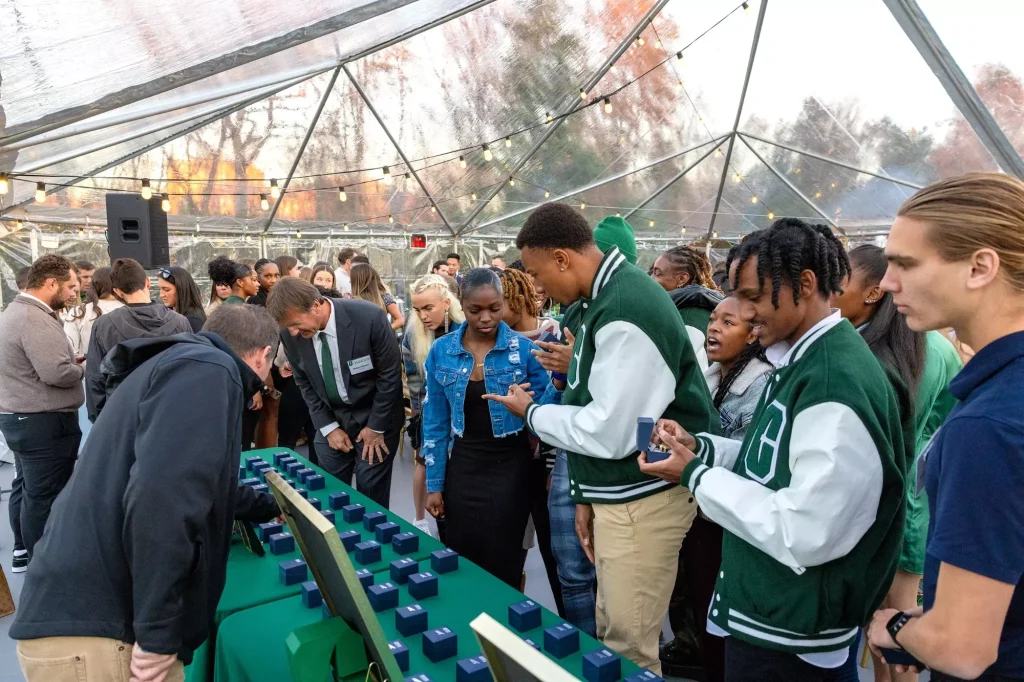Are Universities Failing Their MVPs? The Quiet Neglect of Student-Athletes in Career Services

Colleges and universities rightly invest heavily in career services to prepare their students—resume help, interview practice, networking—but a significant population is often left behind: the student-athlete. While the general student body benefits from robust, broadly applicable resources, student-athletes frequently find themselves at a disadvantage due to the prioritization of general services over support tailored to their unique, demanding lifestyles.
The Focus on General Career Services
Most higher education institutions allocate resources to serve the general student population efficiently. This practical, broad approach means services like career fairs and workshops are designed to be inclusive and applicable across many academic disciplines. However, this focus on standardized offerings means that the specific challenges of niche groups like student-athletes—who develop valuable skills like leadership and time management but need help articulating them professionally—are consistently overlooked.
The Unique Needs of Student-Athletes
The life of a student-athlete is dictated by a relentless schedule. The NCAA reports they spend up to 20 hours per week on their sport, not including travel. This time constraint makes it incredibly difficult for them to attend career fairs and workshops typically scheduled during regular business hours. As a result, they miss out on crucial career development opportunities that their non-athlete peers access readily. Beyond just time, athletes need specialized support to translate “team captain” into tangible professional skills that resonate with potential employers.
Lack of Tailored Career Services
Many student-athletes simply aren’t aware of the career services available, or they don’t know how to access them effectively. This lack of access is often worsened by the physical separation of athletic facilities from the main campus where career services are usually located. The result is a significant gap in career readiness, evidenced by an NCAA study revealing that 48% of student-athletes feel unprepared for life after college. A major factor here is the insufficient collaboration between athletic departments, which often prioritize the immediate needs of the sports program, and career services, which may not fully understand the daily challenges athletes face.
Successful Models of Tailored Support
Some forward-thinking universities have created blueprints for success. The University of Michigan’s Athlete Career Track (ACT) program and the University of North Carolina’s Richard A. Baddour Carolina Leadership Academy both integrate career services directly into the athletic experience. These models prove that offering flexible scheduling—workshops in the early mornings, evenings, or virtual resources—can make career development both accessible and convenient for athletes.
Recommendations for Improvement
To better serve this high-potential student group, career services must adopt new strategies. This includes developing targeted communication strategies that reach athletes through their own channels, like team meetings and athletic department newsletters. They must design career development programs that specifically address the strengths and challenges of athletes, helping them translate their athletic experiences into professional assets. Finally, institutions must foster stronger, more consistent partnerships between career services and athletic departments to ensure comprehensive support. Prioritizing these efforts will ensure that all students, regardless of their extracurricular commitments, are well-prepared for their future careers.

